Rising Heat and Vanishing Greenery Worsen Faisalabad’s Climate Crisis
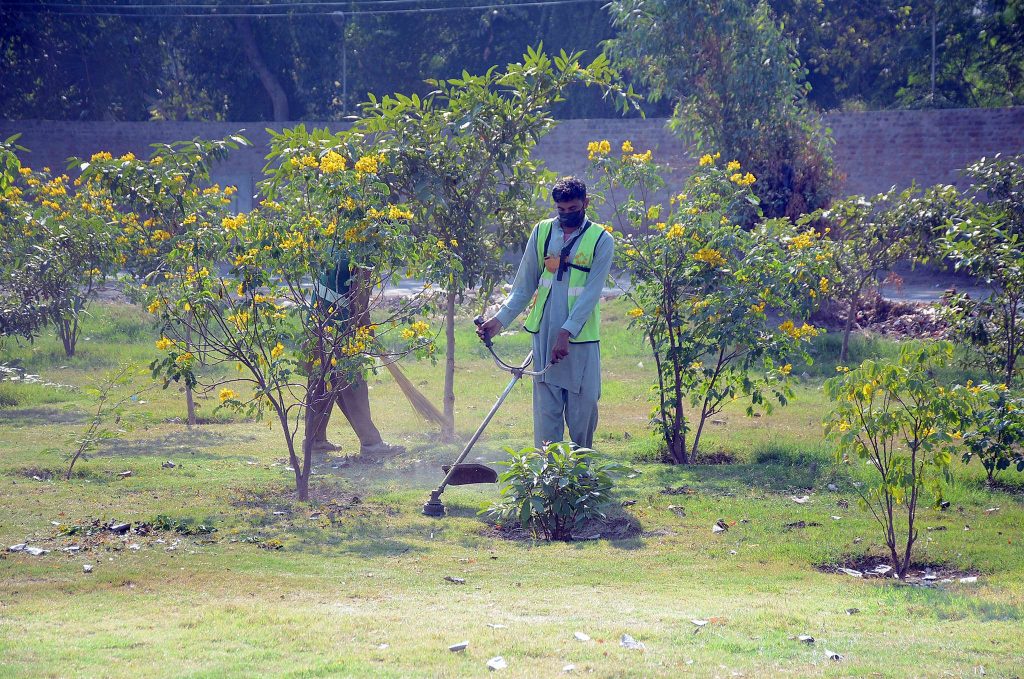
Over the years, Faisalabad has experienced a continuous decline in its tree population, contributing to the intensification of climate change impacts. This can be observed in the prolonged heat waves during the current year summer, where temperatures remained above 47°C for nearly four to six weeks. The “feels-like” temperature was often even higher, exceeding 50°C, leaving little refuge for labourers and others who work outdoors. The reduction in tree cover and green spaces has also led to a rise in air pollution and extreme weather conditions, causing frequent health issues among the city’s residents.
Another factor contributing to these changes is the rapid urbanization in and around Faisalabad. Agricultural lands are being replaced with new housing schemes, where the excessive use of concrete exacerbates the heat. Unfortunately, most residential colonies prefer ornamental plants over native trees, which fail to provide the necessary benefits in reducing heat intensity or improving air quality. In addition, tree cutting is a significant issue, with more trees being removed than planted each year. As a result, Faisalabad, with its population of approximately 3.7 million, has numerous factories but very few parks and green spaces.
According to Pakistan’s National Forest Policy 2021, cities should maintain at least 25% green cover. Globally, the standard is 40%. Despite this, Faisalabad falls short of these requirements. Although the district administration has initiated several tree-planting projects in recent years, most of them either remain incomplete or have failed due to a lack of proper care and maintenance.
In March 2020, the district administration launched the city’s first urban forest over four acres near the Model Cattle Market in Niamuana. The forest included over 2,000 saplings, but it quickly withered due to inadequate care. Similarly, in February 2020, a 300-acre urban forest was established near Mamunkanjan after reclaiming land from illegal occupants. Over 300,000 saplings were planted, but this project too was abandoned due to a lack of cooperation between the district administration and the forest department. In August 2021, the administration claimed to have planted 100,000 saplings in Kaleem Shaheed Park on Narwala Road. However, following inquiries from the media and local residents, the than Director General of Horticulture clarified that only 7,500 saplings were planted, most of which have since died due to poor maintenance.
Two years ago, the Parks and Horticulture Authority (PHA) of Faisalabad initiated the “Miyawaki Forest” project at 20 locations across the city. The Miyawaki technique, developed by Japanese botanist Akira Miyawaki, involves planting dense clusters of native trees that grow rapidly and form forests in just a few years. However, in Faisalabad, the nutritional needs of the soil were not addressed, resulting in slow growth of the saplings. According to PHA, between January 2021 and August 2023, Miyawaki forests were planted at 15 sites, covering six acres at a cost of approximately 30 million PKR. These sites included native trees like Arjun, Amaltas, Kachnar, Guava, Mulberry, Jamun, Neem, and others, totaling 53,000 plants. However, five of these locations—on Jaranwala Road, Samundri Road, Canal Road, Jhang Road, and Millat Town—lack the Miyawaki forests they were supposed to have. Additionally, PHA’s per-plant cost estimate of around 1,000 PKR is significantly higher than the 350 PKR per plant budgeted by the Punjab government for its environmental development plan.
These facts highlight the insufficient efforts toward afforestation in Faisalabad. It is imperative for residents to actively participate in tree-planting initiatives while holding government departments accountable for the proper utilization of resources allocated for afforestation. Only through collective efforts can the city mitigate the effects of climate change and ensure a healthier environment for its future generations.

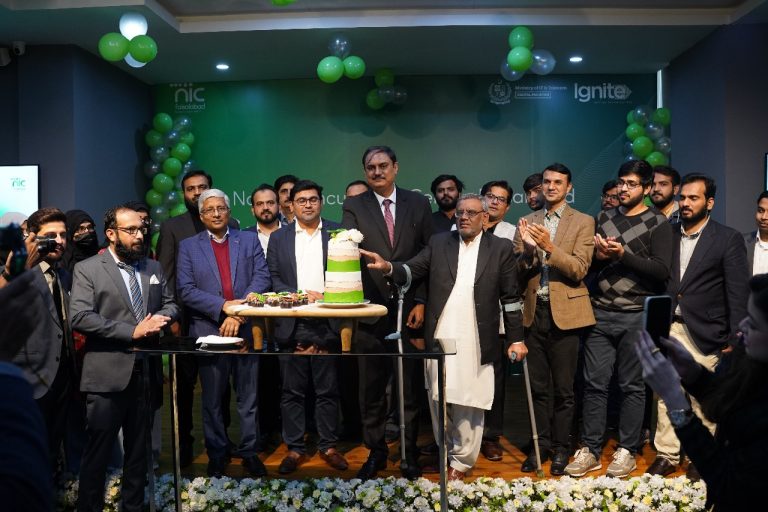
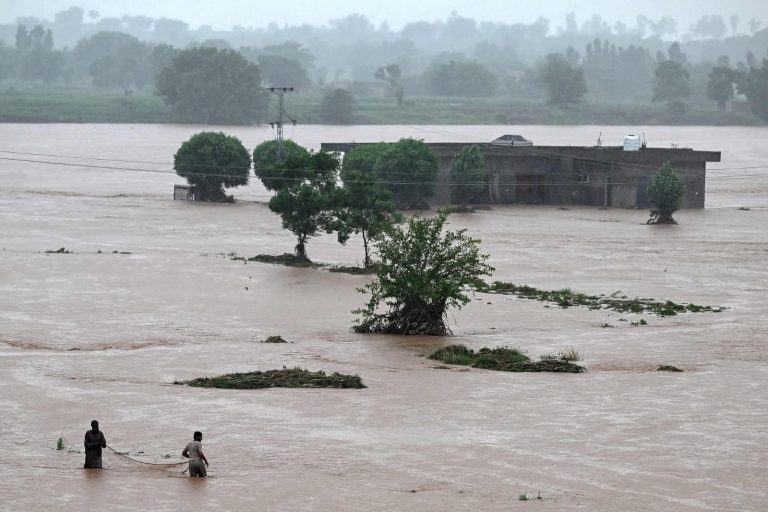
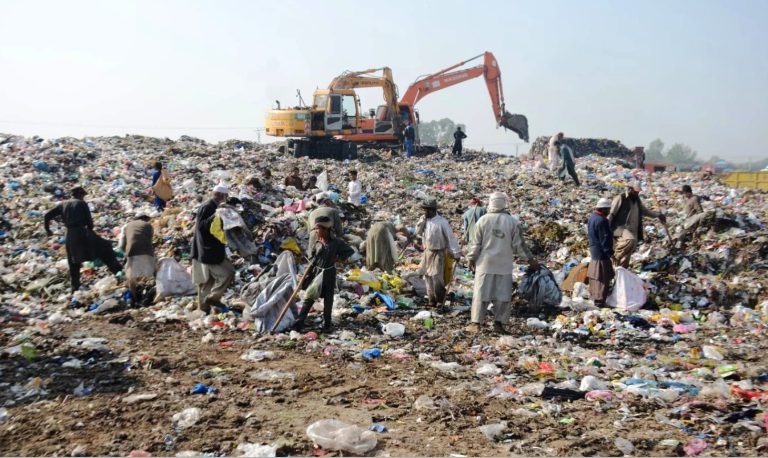
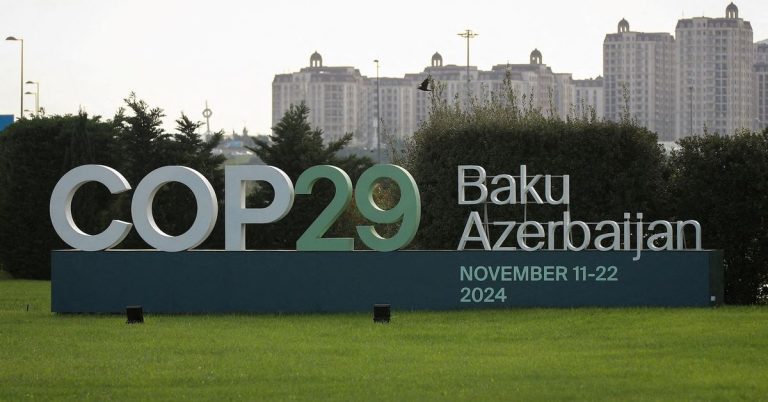
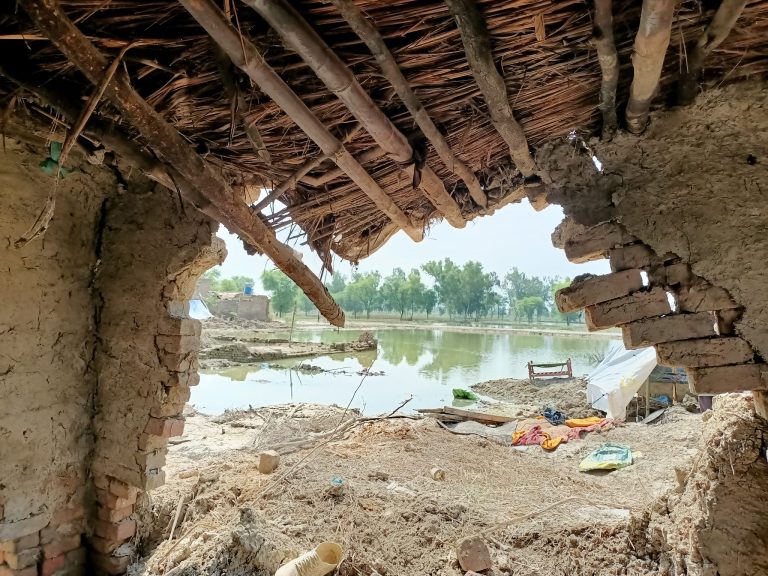
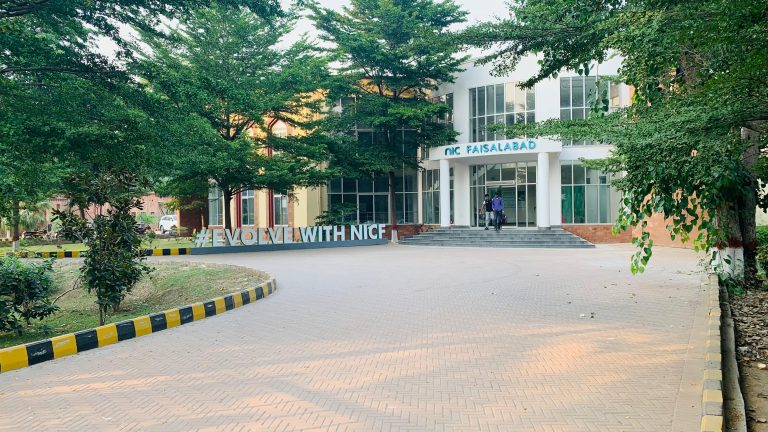
Your writing is like a breath of fresh air, offering clarity and insight in a world full of noise.
Reading this piece felt like walking through a beautiful garden of ideas — each thought more inviting than the last.
Your words resonate with a truth that feels universal — as though they’ve tapped into something deeply human.
Each sentence builds on the last, creating a sense of momentum that makes it impossible to stop reading.